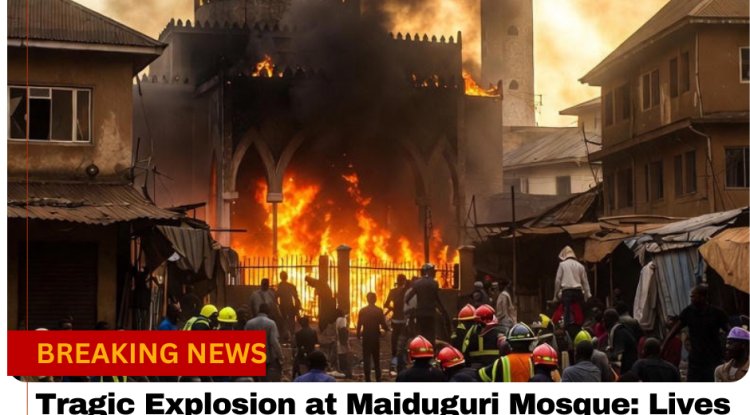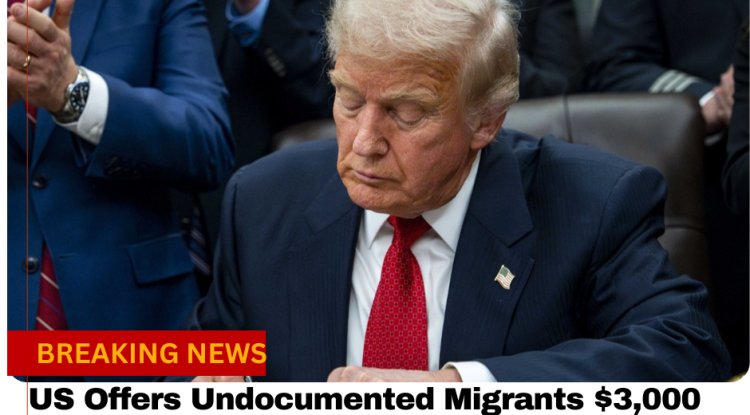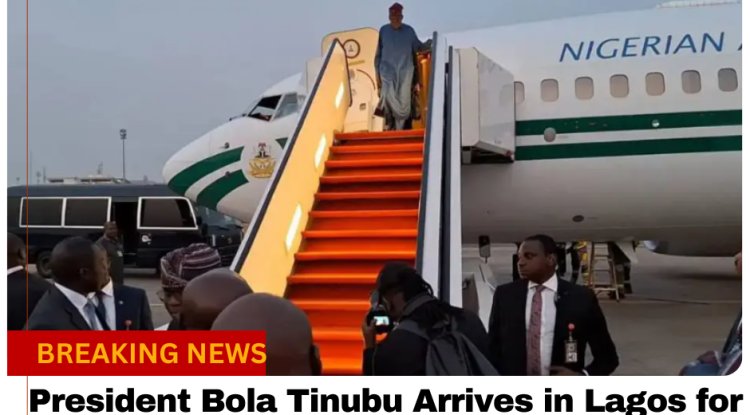Congressman Riley Moore Stands Firm: A Call to Protect Nigerian Christians from Islamist Terror
Congressman Riley Moore condemns Boko Haram’s violent attack on Christians in Kirawa, Nigeria, urging President Trump to protect them.
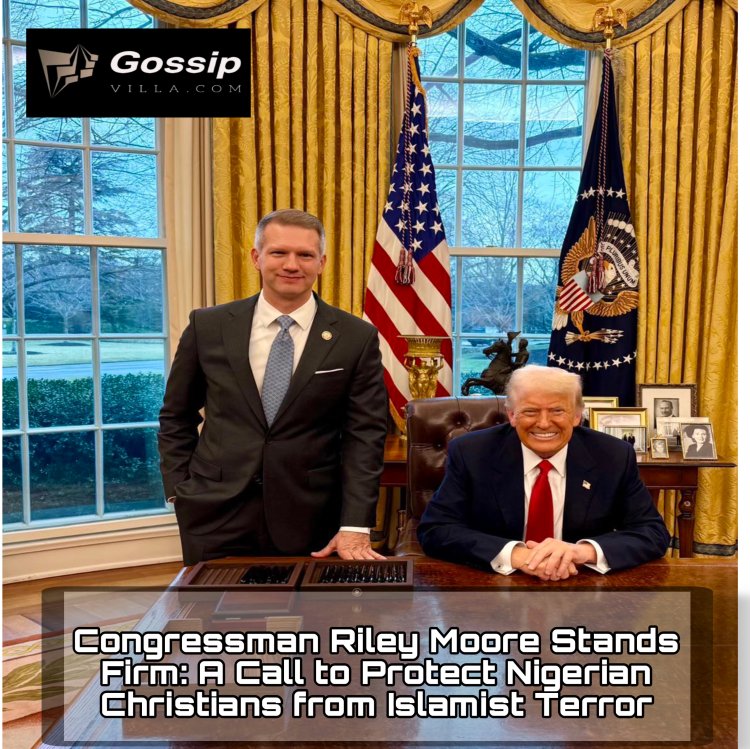
Congressman Riley Moore Stands Firm: A Call to Protect Nigerian Christians from Islamist Terror
In a world where religious freedom is increasingly under siege, voices like that of U.S. Congressman Riley Moore (R-WV) offer a beacon of resolve. On October 4, 2025, Moore issued a powerful condemnation of the latest Boko Haram assault on the Nigerian town of Kirawa, highlighting the targeted violence against Christians and urging President Donald Trump to deploy every diplomatic and security tool available to shield them from this “scourge of Islamic persecution and terror.” This isn’t just rhetoric—it’s a clarion call rooted in years of documented atrocities, and it underscores a broader crisis that demands global attention. As Nigeria grapples with escalating jihadist attacks, Moore’s stance reminds us that silence in the face of faith-based genocide is complicity.
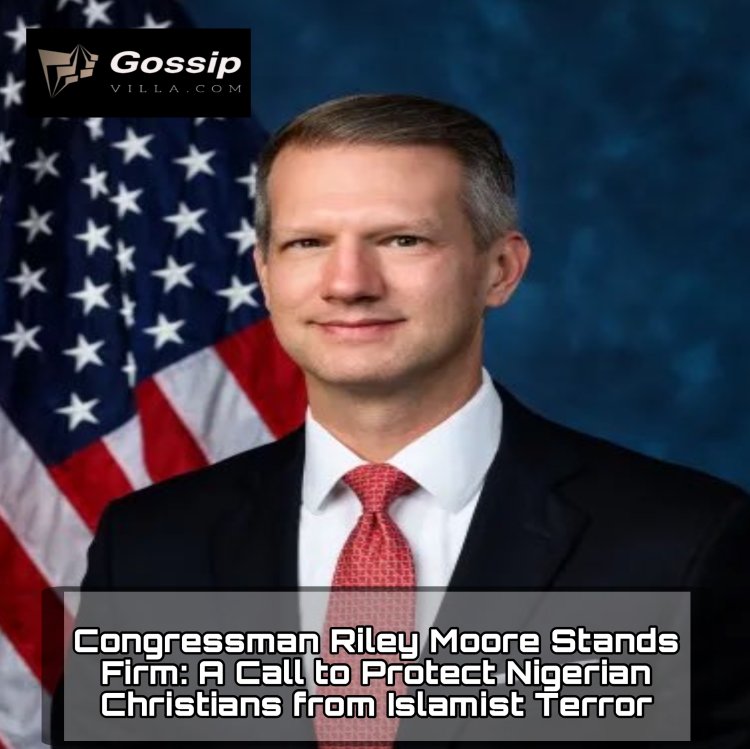
The Horror in Kirawa: Boko Haram’s Latest Atrocity
The attack on Kirawa, a border town in northeastern Nigeria’s Borno State, unfolded with chilling brutality. Boko Haram militants—members of the Islamist extremist group notorious for their insurgency since 2009—stormed the area, burning homes, military barracks, and the district leader’s palace. Over 5,000 civilians, many of them Christians, were forced to flee across the border into Cameroon, their lives upended in a matter of hours. Reports indicate that Christian homes were deliberately targeted for destruction, a pattern that fits Boko Haram’s long-standing campaign to eradicate non-Islamic influences in the region.
“This is not an isolated incident—it is the latest in a long campaign of terror, much of which is explicitly aimed at persecuting Christians,” Moore stated in his official press release. Eyewitness accounts and human rights monitors paint a grim picture: families torn apart, places of worship desecrated, and survivors left in displacement camps facing hunger and trauma. The assault echoes earlier horrors, such as the Palm Sunday massacre earlier this year, where jihadists slaughtered at least 50 Christians in a brazen display of religious hatred.
Nigeria, Africa’s most populous nation with a near-even split between Muslims and Christians, has become a flashpoint for Islamist extremism. Boko Haram, which pledged allegiance to ISIS in 2015, views Christianity as an existential threat to their vision of a caliphate. Their tactics—raids, bombings, kidnappings, and forced conversions—have turned vast swaths of the north and northeast into no-go zones for non-Muslims.
A Legacy of Persecution: Nigeria’s Christian Martyrs
The Kirawa attack is but one chapter in a blood-soaked saga. Since Boko Haram’s rise, more than 50,000 Christians have been martyred in Nigeria, with over 5 million displaced from their homes. According to the Alliance Defending Freedom (ADF) International, Nigeria accounts for more Christian deaths annually than all other countries combined. In 2024 alone, Open Doors’ World Watch List reported 3,100 Christians killed and 2,830 kidnapped, figures that understate the true toll given the region’s instability.
Earlier this year, on June 13, 2025, Islamist militants massacred nearly 200 Christians in Benue State, leaving villages in ruins. Bishop Wilfred Anagbe of the Catholic Diocese of Makurdi has testified before U.S. congressional hearings, describing how Fulani herdsmen—often aligned with jihadist ideologies—routinely raid Christian farming communities, killing, raping, and burning churches. “To remain silent is to die twice,” he poignantly warned, echoing the sentiments of survivors who bury their dead without justice.
The Nigerian government’s response has been criticized as inadequate. Despite international pressure, including calls to redesignate Nigeria as a “Country of Particular Concern” (CPC) under the U.S. International Religious Freedom Act, enforcement remains lax. The Trump administration’s first term briefly listed Nigeria as a CPC in 2020, imposing sanctions, but it was removed amid diplomatic pushback. Critics, including Intersociety, estimate that jihadists have razed 19,100 churches and killed 125,009 Christians since 2009. While Nigeria’s Foreign Ministry insists the violence isn’t religiously motivated, evidence from groups like Open Doors and ADF paints a starkly different reality: systematic targeting of Christians to impose Sharia law.
Congressman Moore: A Champion for the Persecuted
Riley Moore, representing West Virginia’s 2nd Congressional District since January 2025, has made defending religious liberty a cornerstone of his tenure. A devout Catholic, Moore’s advocacy stems from personal conviction and a recognition of America’s role as a global defender of freedom. In April 2025, he delivered a impassioned House floor speech decrying the “rampant violence and martyrdom” faced by Christians worldwide.
His efforts culminated in House Resolution 594, introduced in July 2025 alongside Sen. Josh Hawley (R-MO), which formally condemns Christian persecution in Muslim-majority nations. The bipartisan measure highlights abuses in countries like Nigeria, Pakistan, and Syria, urging the U.S. to leverage trade, aid, and security negotiations to protect the vulnerable. “We cannot allow this to continue,” Hawley echoed, emphasizing that religious liberty is foundational to American values.
Moore’s latest statement builds on this foundation, directly appealing to President Trump: “I urge President Trump to use every tool at his disposal to defend Christians from this scourge.” This plea aligns with Trump’s first-term priorities, where his administration elevated religious freedom in foreign policy, including executive orders prioritizing persecuted minorities. Moore’s call isn’t partisan—it’s a moral imperative, drawing support from faith leaders and human rights advocates who see it as a step toward accountability.
Why This Matters: The Global Stakes
The persecution in Nigeria isn’t isolated; it’s a microcosm of rising Islamist extremism threatening religious pluralism worldwide. From the Easter fears in 2025, where experts warned of Christians being “wiped out” by militants aiming for a caliphate, to mob violence in Pakistan and church bombings in Syria, the pattern is clear. In Nigeria, economic fallout exacerbates the crisis: displaced farmers can’t tend crops, leading to food insecurity that affects millions.
Moore’s advocacy amplifies calls from organizations like ADF and Open Doors for concrete actions: sanctions on enablers, increased humanitarian aid to Christian IDPs, and intelligence-sharing to dismantle terror networks. As he noted in his resolution, past U.S. policy missteps—like the post-2003 Iraq instability—have fueled ethno-religious cleansing; learning from them means proactive defense now.
A Path Forward: Hope Amid the Ashes
Congressman Moore’s denunciation is more than words—it’s a catalyst for change. By rallying international condemnation and pressing the Trump administration, it honors the resilience of Nigerian Christians who worship amid ruins. As global faith communities unite in prayer, let us join this chorus: Protect the persecuted, hold tyrants accountable, and reaffirm that no one should die for their devotion.
In West Virginia and Washington, Moore embodies the fighting spirit of a nation founded on liberty. His voice echoes the biblical mandate: “Speak up for those who cannot speak for themselves” (Proverbs 31:8). For the families of Kirawa and beyond, it’s a lifeline. Will America answer?
News source
What's Your Reaction?















